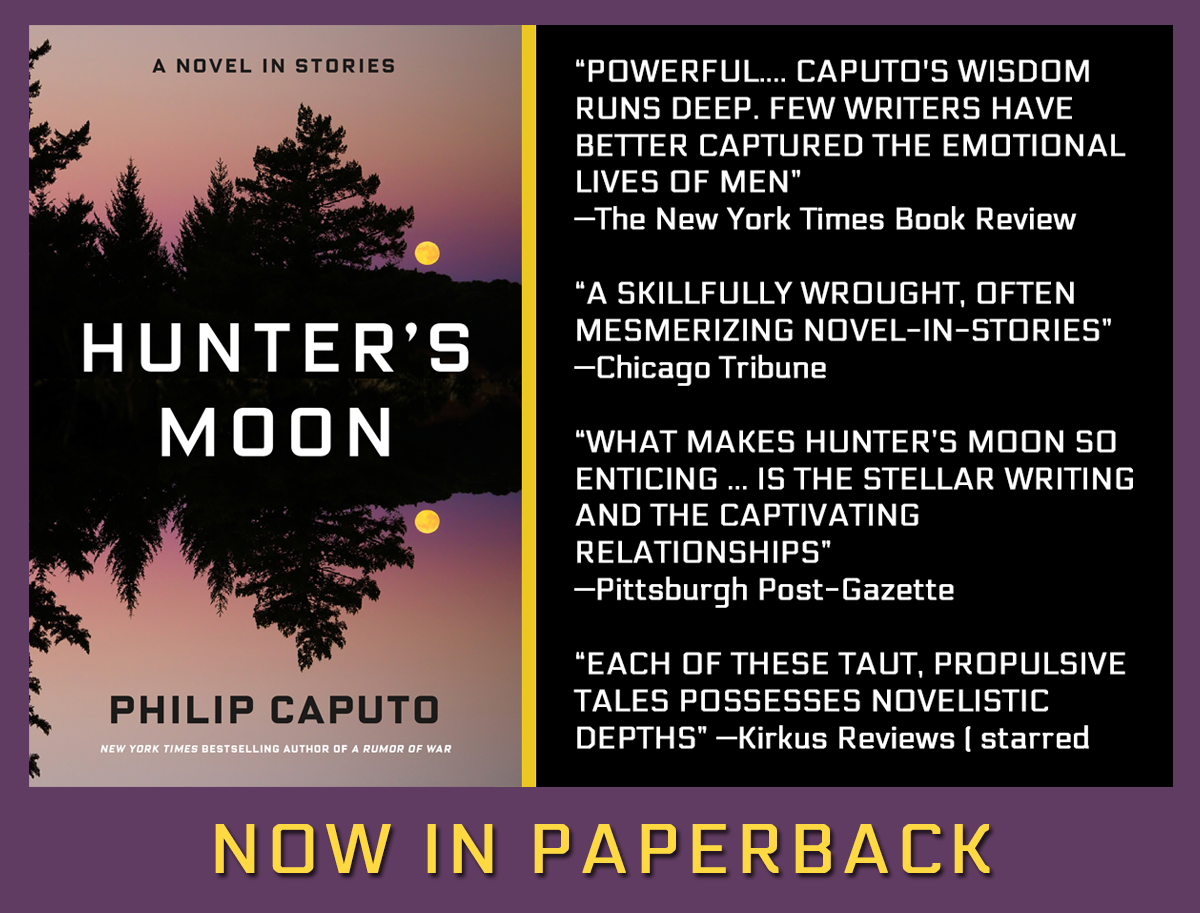Today, June 4, 2020, is my and Leslie’s 32d anniversary, and we spent part of it, unromantically, at a demonstration protesting the murder of George Floyd by a white police officer in Minneapolis. Considering that Patagonia, Arizona, has 913 residents and that the temperature was flirting with 100 degrees, the turnout was respectable — somewhere between 125 and 150 people. The protest was organized by three young women who graduated from Patagonia High School, and who were back in their hometown from college due to the COVID19 pandemic. It took place at the town bandstand, on a grassy parkway that had been a railroad in Patagonia’s wild west days as a mining and cowboy town. We were relieved to see that everyone was wearing masks and practicing social distancing, and otherwise behaving themselves; that is, exercising their constitutional right to peaceably assemble. But we also noticed that the crowd was 99.99 percent white. We saw only one black man, which wasn’t surprising because no African-Americans live here, none that I know of; but there was a disappointing absence of Mexican-Americans, who probably make up half the population.
The three organizers each said a few words, one reading from a long roster of black people who have been killed by police officers or white gunmen in the past six years, beginning with Michael Brown, shot to death in Ferguson, Missouri, in 2014. The names were written in multi-colored chalk on a paved apron facing the bandstand, and in the center, also chalked, was an arm with a clenched fist and the slogan, “Black Lives Matter.” Protesters were invited to add any missing names; Leslie picked up a piece of blue chalk and wrote “David McAtee,” the owner of a barbecue stand shot and killed by police in Louisville, Kentucky, during the demonstrations there on Monday.
The pastor of the Methodist church also spoke, expressing the hope that the generation represented by the young women would build a future for America better than the present built by his generation (He appeared to be a Boomer). Then the crowd dispersed, and holding up handmade signs, formed a line along Naugle Avenue, Patagonia’s main drag, which is also a state highway. They waved to passing truckers and motorists, most of whom honked their horns in solidarity. I kept an eye out for raised middle fingers but didn’t see any. That was encouraging, given that Arizona is a red state (It was one of the last states to recognize Martin Luther King Day as a national holiday).
Some thoughts: I will turn 79 on six days. My own life has spanned eras from Jim Crow to the Civil Rights Movement to the election of America’s first black President. I recall the time, in 1961, when I was driving south from Purdue University with two college classmates to take part in the annual bacchanalia in Fort Lauderdale. This being before Interstate highways, we got lost somewhere in Georgia and stopped at a gas station to ask directions. I got out of the car for a drink at the water fountain. As I was bent over, guzzling, I felt a firm tap on my shoulder and turned around to face the attendant, a man as big as a public monument, holding the instrument with which he’d got my attention, an open-end wrench. He said, “You don’t look like no nigger to me, son,” and pointed the wrench at a sign above the fountain. It read: COLORED ONLY. Our country has come a long way since then, but as the past few years have shown, we still have a long way to go before we are fully immunized against the virus of racism, particularly the strain that targets black Americans. It arrived in 1619, with the landing in Virginia of the first slave ship from Africa.
I am not sure why Floyd’s murder touched off so huge a wave of national outrage. Perhaps the pandemic, unemployment, and racial tensions fused to form a kind of social nuclear bomb. And incidentally, the expressions of anger and frustrations have expanded far beyond urban areas to small towns. Read this story from BuzzFeed News: https: //www.buzzfeednews.com/article/annehelenpetersen/black-lives-matter-protests-near-me-small-towns
Racism, of course, exists everywhere. I’ve seen it in my travels all over the world. Fear, suspicion, and hatred of “The Other” may be ingrained in human nature; but that doesn’t mean we should cease trying to eradicate it. The United States is supposed to be the one nation on Earth where everyone, regardless of his or her racial, ethnic, or religious identity, can meld into a single identity, American. Period. Full stop. I yearn for the day when we’ll stop hyphenating ourselves. That’s our great experiment, that’s the light that shines from the city on the hill. It will require more than reforms and legislation to keep it burning; it will require us all to change our hearts. And as the Methodist minister said today, that will be the work of a generation.



The Golden Rule says it all for me. Sadly it has been misplaced,for sometime,in our world. An exception would be ,in the aftermath of typhoon,flood,hurricane and raging fires we see people living in kindred spirit and harmony.
phil I think bigotry is sadly so ingrained as part of human behavior, you would have to have aliens change human psychology.Sad, but true
Guess you did not read the Michael Brown report where he attacked the police.
Minority witnesses agreed.
Facts should always matter.
Went viral because media made it viral.
You were forty-seven when you married Leslie. Man, I’ll bet you were hell on wheels. I know I was. It’s a wonderful thing to married to such quality. I know I am. Happy Birthday and anniversary, and thank you for letting us know that such a good thing went on in Patagonia. We are eight miles from where Armaud Arbery was killed, and there is still a great much about it going on. We are a community looking for a reason to believe. Bless all you and keep writing.
I agree with all your sentiments, for the idea that we should not hyphenate our identities. I am Japanese American so I have multiple identities, the dominant one being an American. We cannot deny ourselves but at the same time, yes, of course, celebrate our common bonds too.